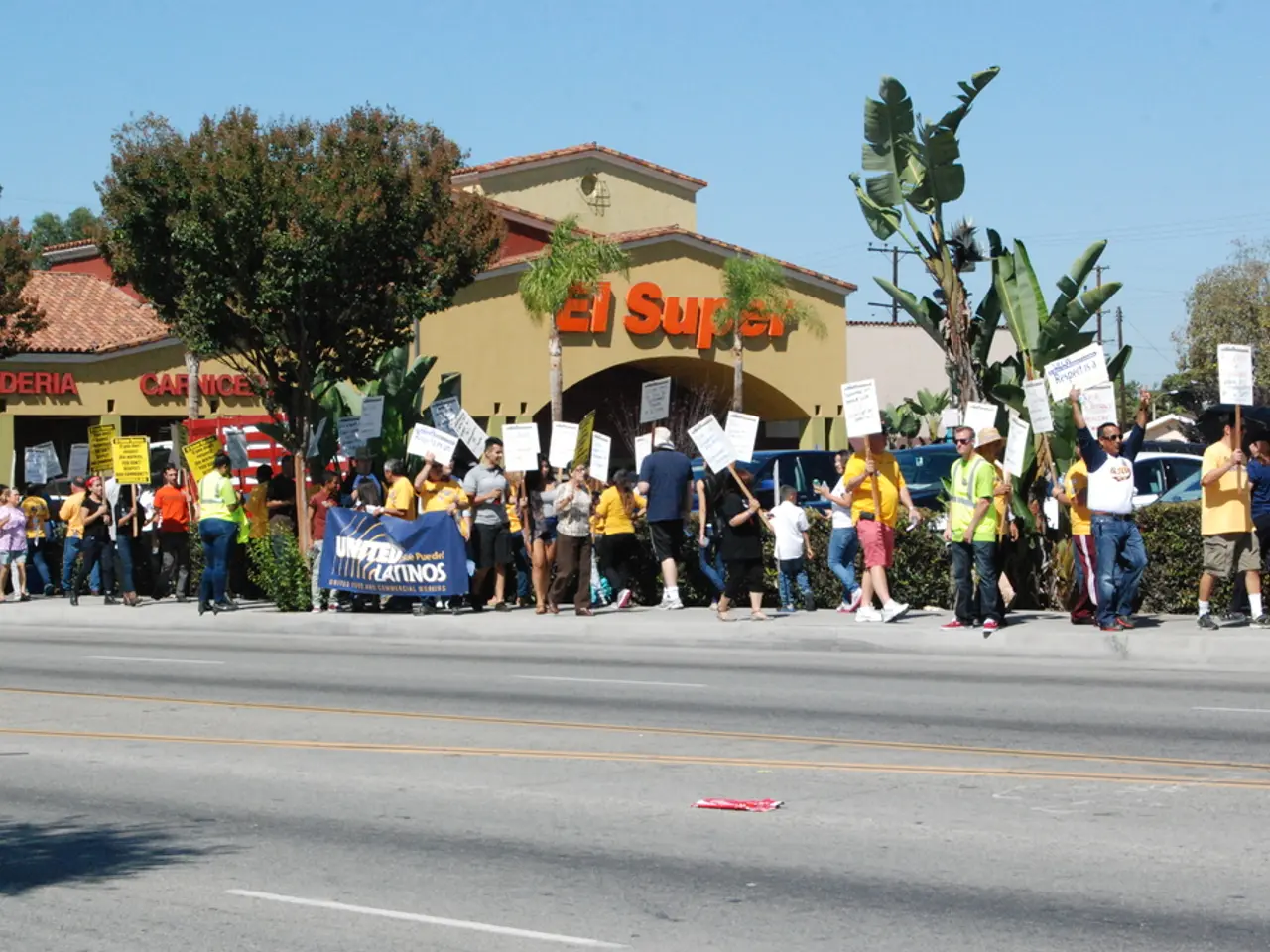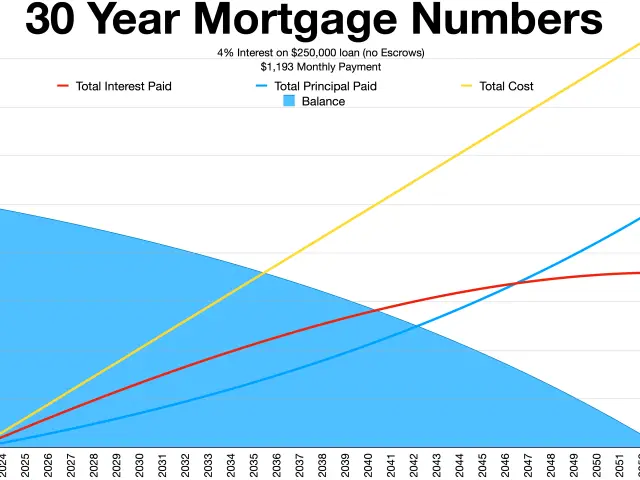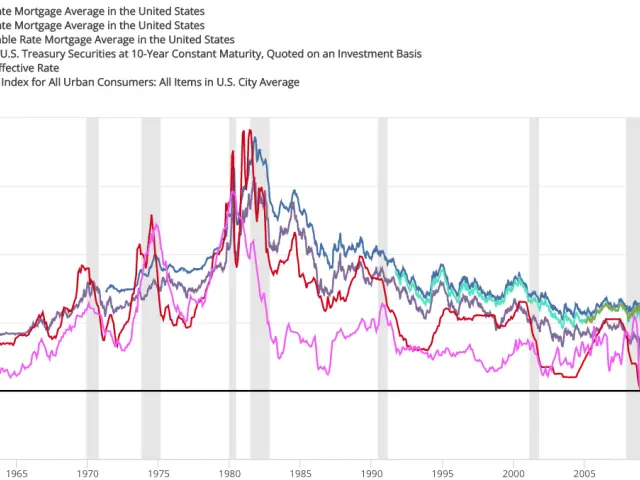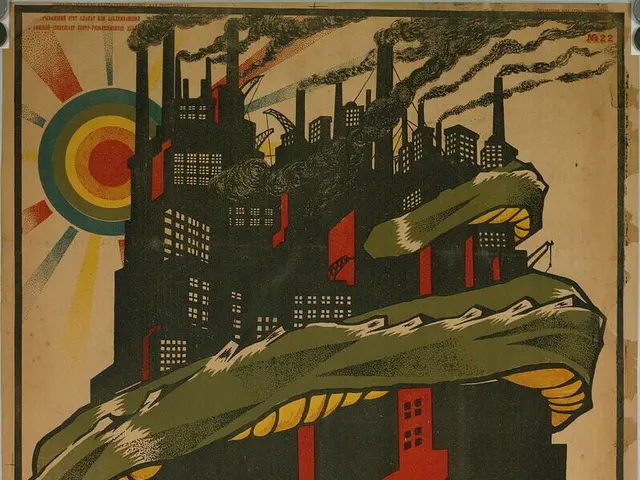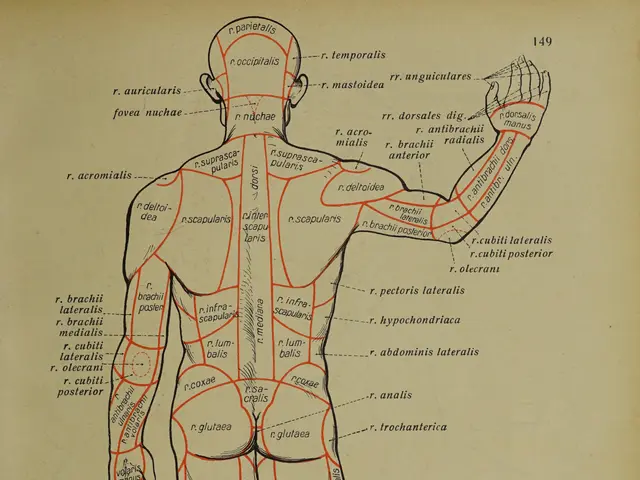Bernie Sanders discusses Martin Luther King Jr., Democratic National Committee, and Political Revolution in an interview with Lex
Bernie Sanders: A Lifelong Advocate for Jobs and Justice
Bernie Sanders, the renowned American politician, first made his mark during the tumultuous era of the Civil Rights Movement. His activism, which began in the early 1960s, was deeply rooted in the fight against racial discrimination and social injustice.
In 1963, Sanders, as a student at the University of Chicago, attended the historic March on Washington. It was here that Martin Luther King Jr. delivered his iconic "I Have a Dream" speech, a call to action that echoed across generations. Sanders' participation in this landmark event marked the start of his lifelong commitment to social justice and fighting inequality.
The March on Washington was officially named "Jobs and Freedom," and it was during this time that Sanders witnessed firsthand the power of grassroots organization in bringing about change. This experience profoundly influenced his political philosophy, grounding him in the principles of direct-action activism and social justice.
Sanders' early years were spent challenging the status quo. In 1963, he was arrested for protesting segregation in Chicago. His activism continued, and he became a key figure in the movement, organizing sit-ins and rallying for civil rights.
Throughout his career, Sanders has been a steadfast advocate for policies that challenge entrenched power structures and support social and economic equity. His campaigns for tax reform, universal health care, increased support for the working class, free public college tuition, and opposition to corporate greed are testament to his unwavering commitment to these ideals.
Sanders' political philosophy is rooted in the belief that sometimes difficult compromises are necessary for the greater good. This belief was evident in his 2016 presidential campaign, during which he garnered millions of votes despite facing opposition from the Democratic machinery. His campaign demonstrated that challenging the status quo isn't just possible, but necessary.
Sanders' influence extended beyond his own campaigns. His legacy continues through dozens of progressive candidates serving in Congress, city councils, and state legislatures. His most significant achievement, perhaps, is demonstrating that progressive ideas, such as raising the minimum wage and healthcare for all, enjoy broad popular support. His campaigns proved that these progressive ideas are not fringe positions but mainstream desires that the establishment had long ignored.
Like Martin Luther King Jr., Sanders was not afraid to challenge the establishment. He opposed the Vietnam War and showed that standing up to power is not only possible but essential for the pursuit of justice.
In 2016, Sanders chose to support Hillary Clinton to prevent a Trump presidency. In 2024, he made the decision not to run for president to avoid splitting the Democratic Party and potentially enabling a Trump victory.
Sanders' impact on American politics is undeniable. His activism during the Civil Rights Era deeply influenced his political philosophy, shaping him into a progressive populist who prioritizes social justice and economic fairness. His legacy continues to inspire a new generation of activists and politicians, ensuring that the fight for jobs and justice continues.
